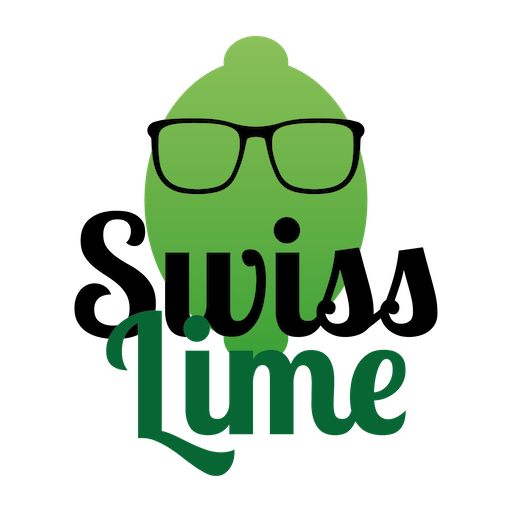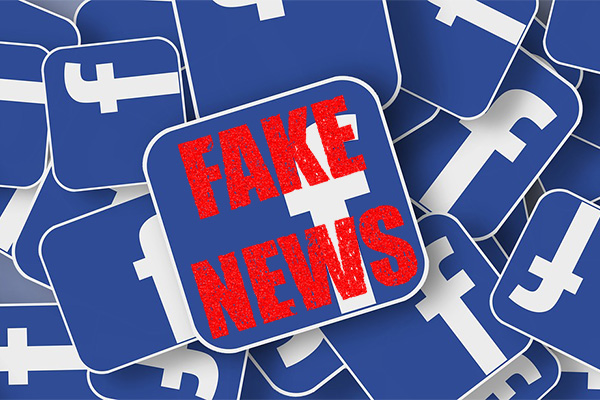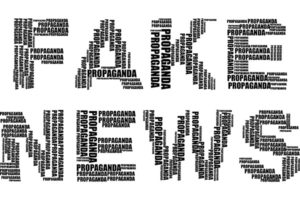Facebook’s struggle to share fake news
For a few days, Facebook informs its users that the repeated sharing of false information , said fakes news , will now be penalized.
This penalty will be active on personal accounts and on pages.
The Facebook pages considered repeat offenders will include pop-up warnings when new users attempt to follow them, and people who constantly share misinformation will receive notifications that their own posts might be less visible in the News Feed .
Today we’re launching new ways to let people know if they interact with content that has been fact-checked as well as take stronger action against people who repeatedly share disinformation on Facebook .
Whether it’s bogus or misleading content on covid-19 and vaccines, climate change, elections or other topics, we make sure that fewer people see misinformation about our apps.
Facebook wants to give internet users the opportunity to check their sharing , by warning them through a pop-up window, that the message they want to share includes false information . It will also offer a link where users can get more information on the facts.

Facebook’s fact-checker program
End of 2016, Facebook had launched its program: Fact-Checking in the United States, to fight against the spread of false information on the social network .
A real scourge on the internet, fakes news designate messages posted containing disinformation . Some are intended to mislead the reader or influence their opinion on a particular topic. Others are made from scratch with a catchy title to increase traffic and increase the number of visitors to a site.
Until then, this program gave Internet users the possibility of report false information , the facts were, in a second step, analyzed by the Fact-checking organizations, then they could be identified as contested.
Fact-checking was therefore articulated around 4 axes:
- facilitate user reporting
- work with third-party organizations competent in verifying information
- disclose disputed information to the general public
- limit financial gains for the perpetrators of false information.
Penalties for Facebook accounts
After the installation of the Fact-checking program , Facebook therefore reinforces its measures to fight against disinformation on its network . Pages, Groups, Instagram accounts, websites (links) and now individual Facebook accounts will be analyzed and sanctioned.
Starting today, we are reducing the distribution of all posts in the News Feed from someone’s Facebook account if they repeatedly share content that has been rated by one of our partners. fact check.
We’re already reducing the reach of a single post in the News Feed if it’s been debunked.
Personal accounts that are used to share false information will see each other reduce their visibility on the social platform . Facebook undertakes to warn Internet users that the shared facts are false and warns of the penalties incurred.
The goal is to empower the Internet user by leaving him the possibility of choosing whether or not he wishes share fakes news , with full knowledge of the facts and with potential penalties on the visibility of his account.
Facebook continues its fight against disinformation
Facebook does not itself determine whether a message contains false or malicious information , but is based on findings from partner media.
This struggle, Facebook It has already been leading it for many years, but the proliferation of false information, especially on social networks, is pushing it to take new measures.
Heavily criticized in 2020 for facilitating the large-scale dissemination of conspiracy theories on pandemic due to coronavirus or on vaccination , Facebook had already put in place measures deemed insufficient.
Facebook encourages reading information before sharing it
Already tested by Twitter during the summer of 2020, this facebook functionality will make it possible to warn users who share articles without having consulted them first.
You could therefore see a window appear, briefly warning you of the dangers of sharing a message without having read it and without having read it beforehand.
“We are testing a way to promote more reliable sharing of news articles. If you’re about to share a news article link that you haven’t opened, we’ll display a window to encourage you to open and read it, before sharing it with other users. ”


